
Opera brings desktop AI features to its Android app
Opera has been adding artificial intelligence features to a number of its browsers recently, starting with the AI powered Opera Neon which it rolled out in invite only form in October, and then across Opera One and Opera GX.
Inevitably, the browser maker is now bringing artificial intelligence features to its Android app. The update, available today, adds contextual AI, which lets people use their current tab or webpage as part of a prompt, and visual intelligence, which allows them to attach images and files directly in the search bar for AI analysis.

AI browser Opera Neon gains new tools and Gemini 3 and Nano Banana support
Opera has released a major update for Opera Neon, the experimental agentic browser it launched two months ago. The update adds a new one minute mode to the Opera Deep Research Agent (ODRA), introduces Google’s Gemini 3 Pro and Nano Banana Pro models, and lets users choose which AI model to use in conversations. It also expands Neon’s agentic features to support tasks inside Google Docs.
Neon is designed for testing AI features and exploring agentic browsing, where AI tools don’t just answer queries but can also complete multi step tasks.

Orion 1.0 is a privacy focused browser for macOS, but will Apple users really leave Safari?
Kagi, a small company best known for its paid, ad free search engine, has announced the launch of version 1.0 of Orion, a new web browser designed around privacy and user control rather than advertising or data collection.
Kagi has already released iPhone and iPad versions of Orion, but this is the company's first desktop browser and arrives following a long beta phase.

OpenAI launches ChatGPT Atlas, a new browser built around AI -- but it’s macOS only for now
The wait is over! OpenAI today rolls out ChatGPT Atlas, its new AI web browser. Built around ChatGPT, Atlas merges browsing and conversation into one workspace, letting users ask questions, get help, and complete tasks directly on the pages they visit.
Versions for Windows, iOS, and Android are expected at some point, but for now, the browser is exclusive to macOS.
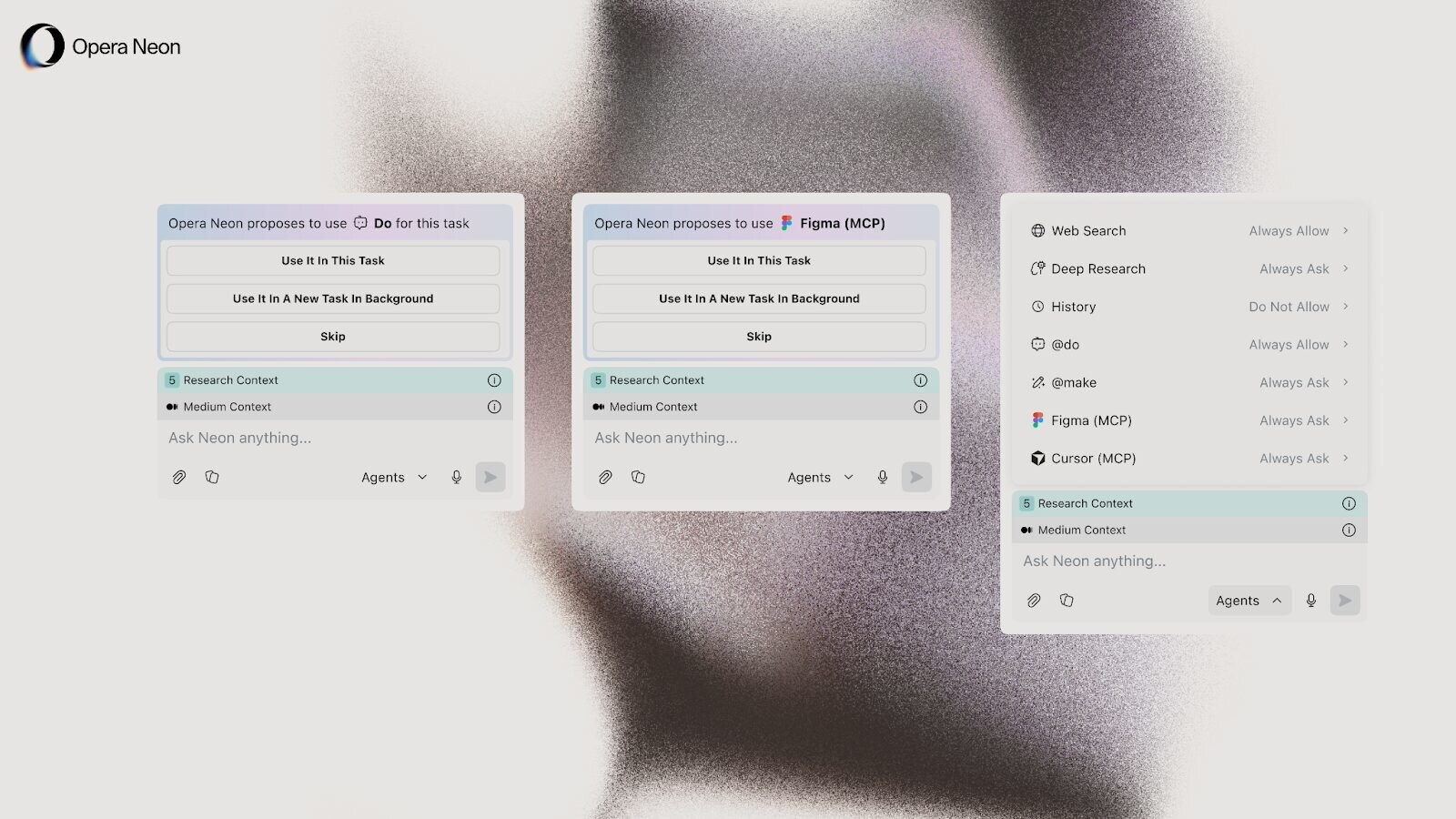
Opera brings deep research capabilities to its Neon AI browser
Opera is expanding its recently launched AI browser with a new Deep Research Agent to perform more complex research and analysis directly in the software.
The new agent, called ODRA, joins Opera Neon’s growing lineup of built-in AI systems and is part of the Norwegian browser maker’s plan to make agentic browsing more practical for everyday use.
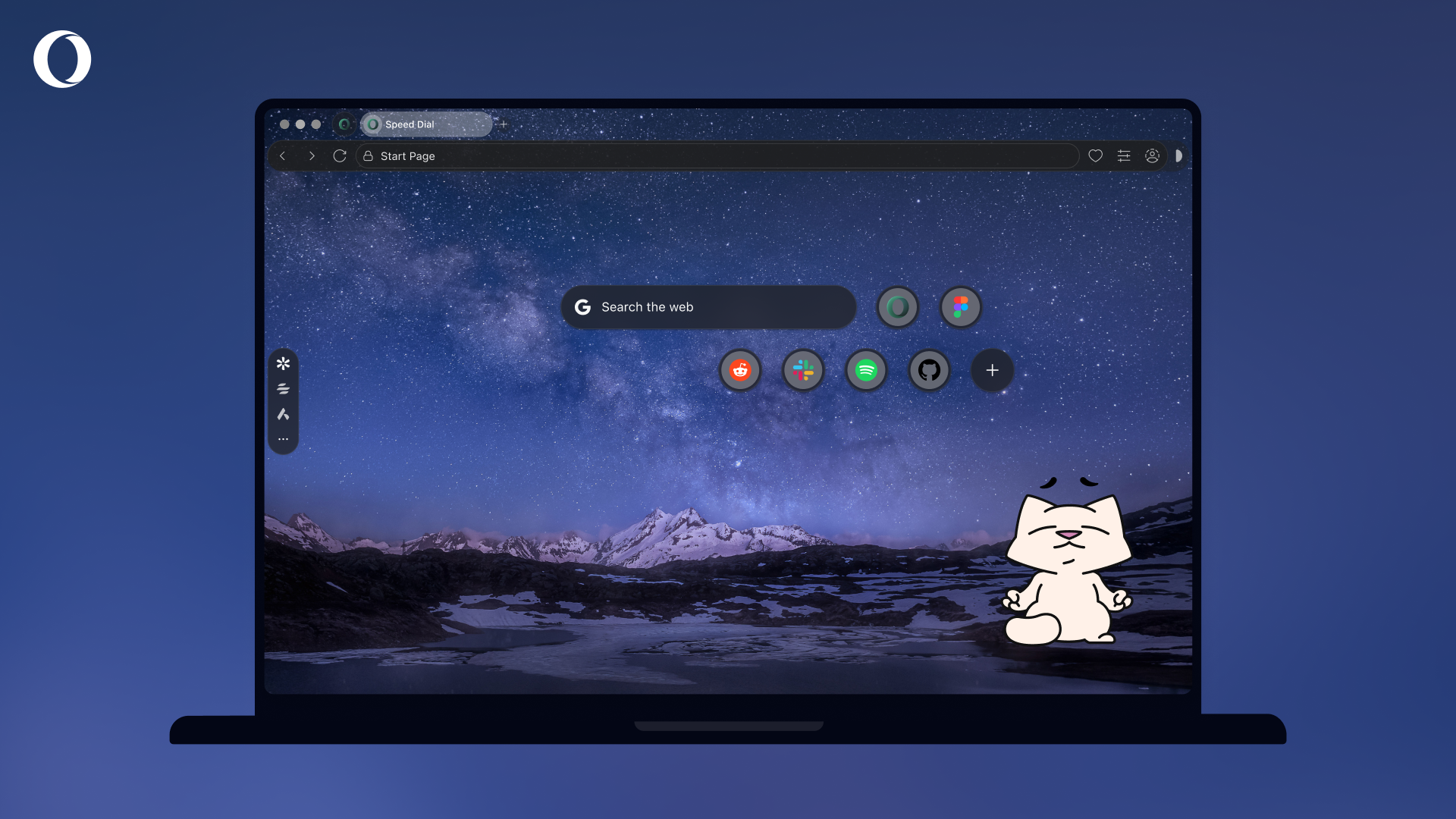
Opera's mindful browser Opera Air gains an interactive cat companion
Today, October 14, is most notable for being the day when Windows 10 reaches its end of life, but it’s also Global Cat Day. One of those may leave you feeling sad, while the other feline great (sorry).
To mark the cat day, Opera has introduced a playful feline companion within the interface of Opera Air, the company’s mindfulness-focused browser, and also launched a project to help street cats in Istanbul, often (and for good reason -- they're everywhere) called the cat capital of the world.

Google is cutting off noisy websites in Chrome -- here's how it works
When you visit a new website in a browser like Google Chrome, you may see a small prompt near the address bar asking whether you want to allow notifications. It’s easy enough to click “allow” in the moment, but not always easy to find where to turn those notifications off again later.
For many users, the result is an endless stream of alerts, banners, and prompts that make browsing far noisier than it needs be. Chrome’s latest experiment aims to cut this overload with a feature that automatically removes notification permissions for sites that users no longer engage with.

Opera to roll out enhanced native AI features across its flagship and GX browsers for free
Opera has announced plans to add expanded AI capabilities to its free browsers. The news comes just days after we wrote about Opera Neon, the company’s premium AI browser for power users.
Opera has been developing browsers for more than three decades and says it now serves hundreds of millions of active users every month. In recent years it has added a number of AI features to its products, starting in 2023 when it added its assistant Aria to Opera One, Opera GX, Opera Air (its "mindfulness" browser), Opera for Android and iOS, and Opera Mini.
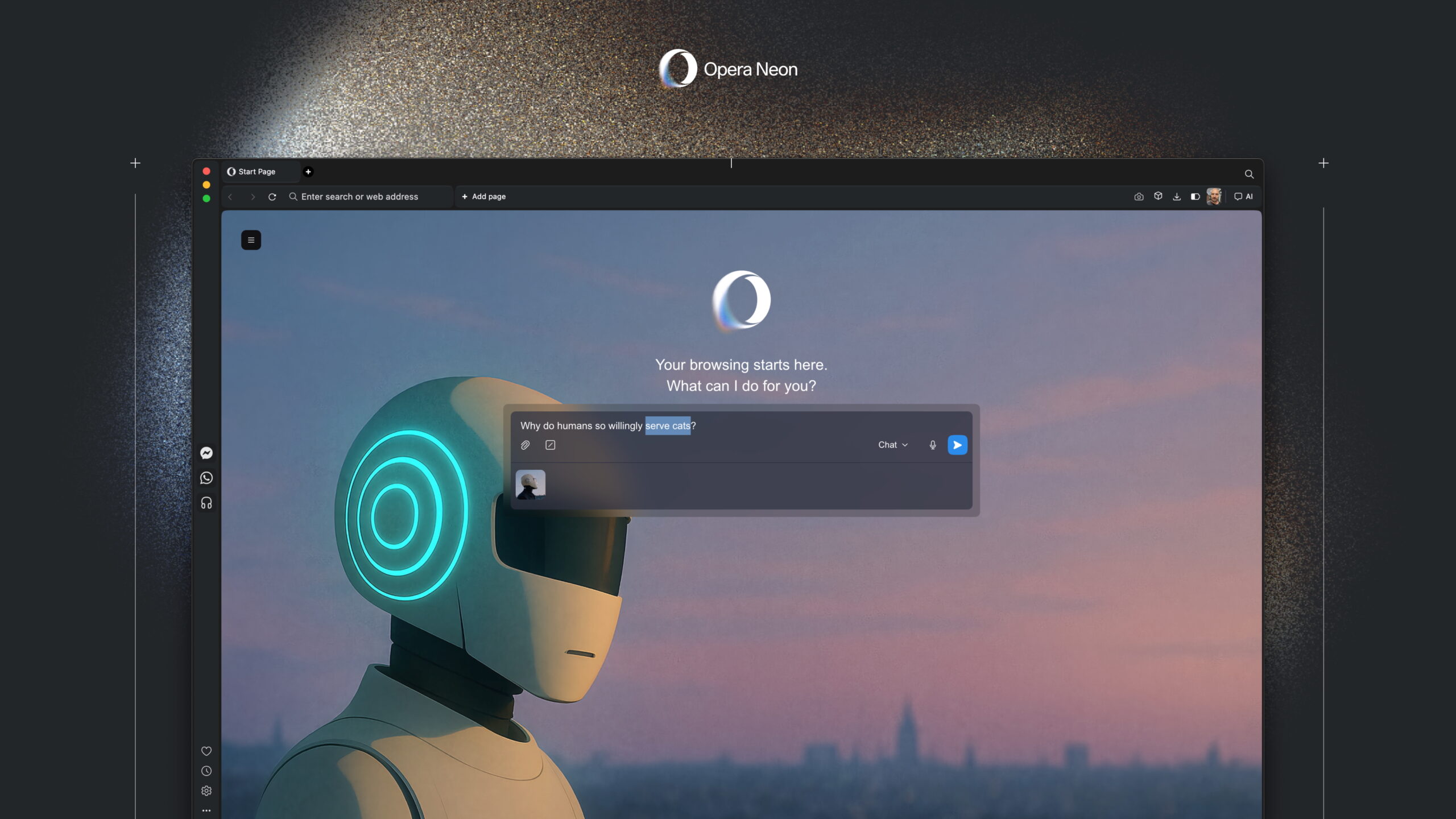
Opera begins rolling out Opera Neon, its AI-powered browser
Opera has begun rolling out Opera Neon, a subscription-based browser designed around agentic AI. The first wave of invitations is being sent to users in the Neon Founders program, with broader access set to follow.
Unlike the normal Opera browser, Opera Neon is intended for people who use AI as part of their everyday work. It combines standard browsing tools with a system of workspaces, cards, and agentic actions.
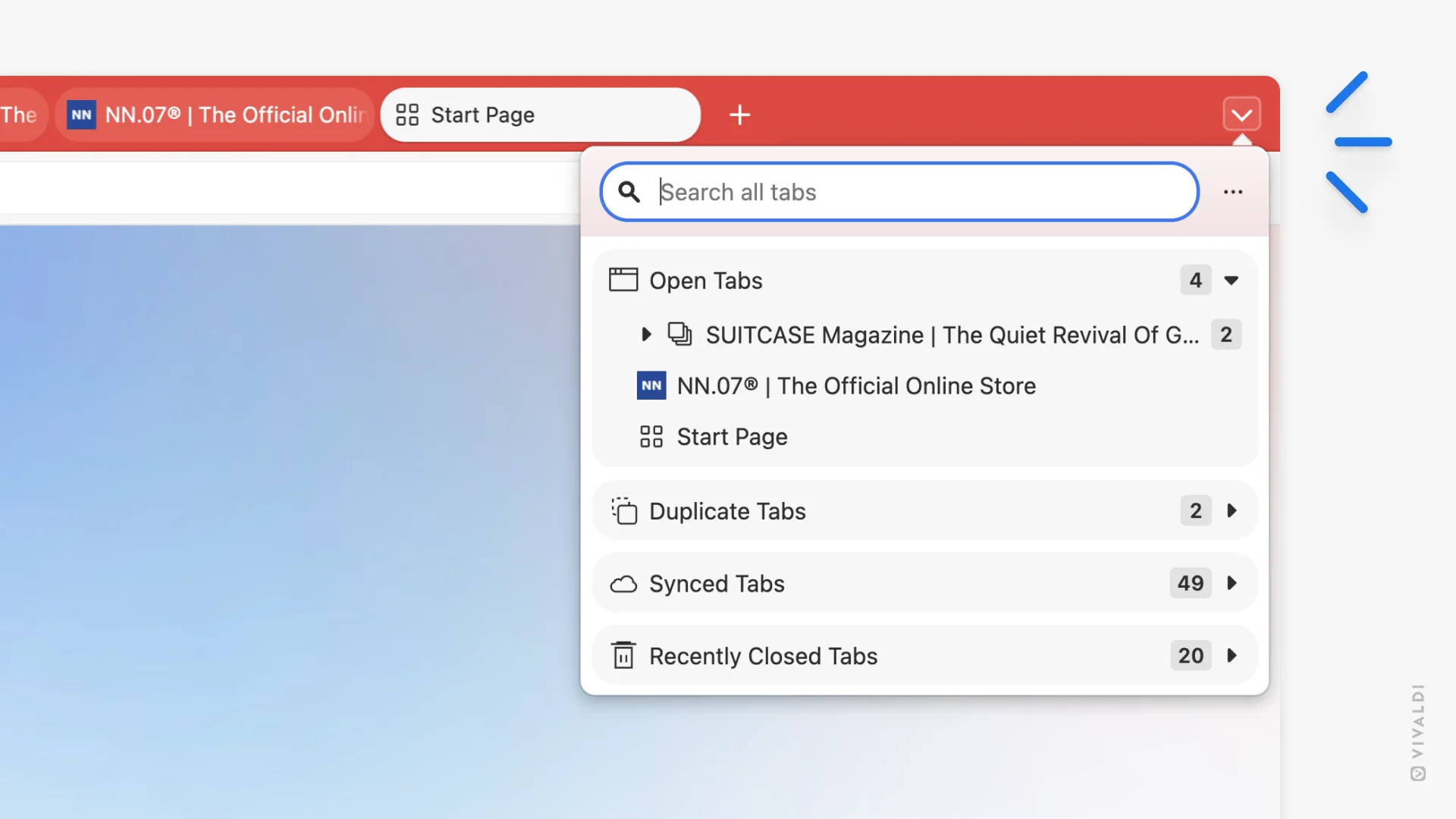
Vivaldi 7.6 arrives with a customizable tab bar and new tab management button
Vivaldi has released version 7.6 of its Chromium-based browser, introducing a customizable tab bar, a new button for managing tabs, and a number of other smaller, but welcome improvements across the interface.
The customizable tab bar allows users to decide which tools appear and where they are placed. This change makes it possible to create either a minimal interface or one with more visible controls, depending on your preference.

New enterprise browser aimed at securing BYOD and third-party devices
Check Point is launching a new Enterprise Browser, extending zero trust security to unmanaged devices like BYOD, contractors, and third-party partners.
The new feature, available to Check Point Harmony SASE customers from today, delivers full visibility, granular policy enforcement, and compliance-ready data protection without persistent agents or endpoint ownership.
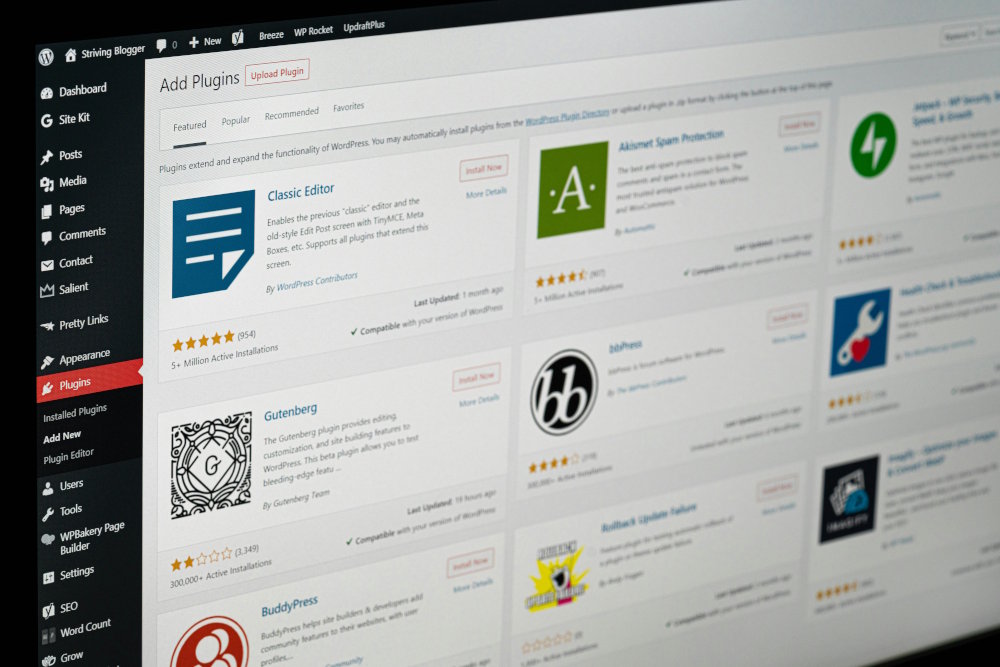
Browser security tools struggle to detect malicious extensions
Despite the expanding use of browser extensions, the majority of enterprises and individuals still rely on labels such as ‘Verified’ and ‘Chrome Featured’ provided by extension stores as a security indicator.
However, new research from SquareX points up architectural flaws in how browser security tools work which mean they’re unable to detect or prevent the latest advancements in malicious browser extension attacks.
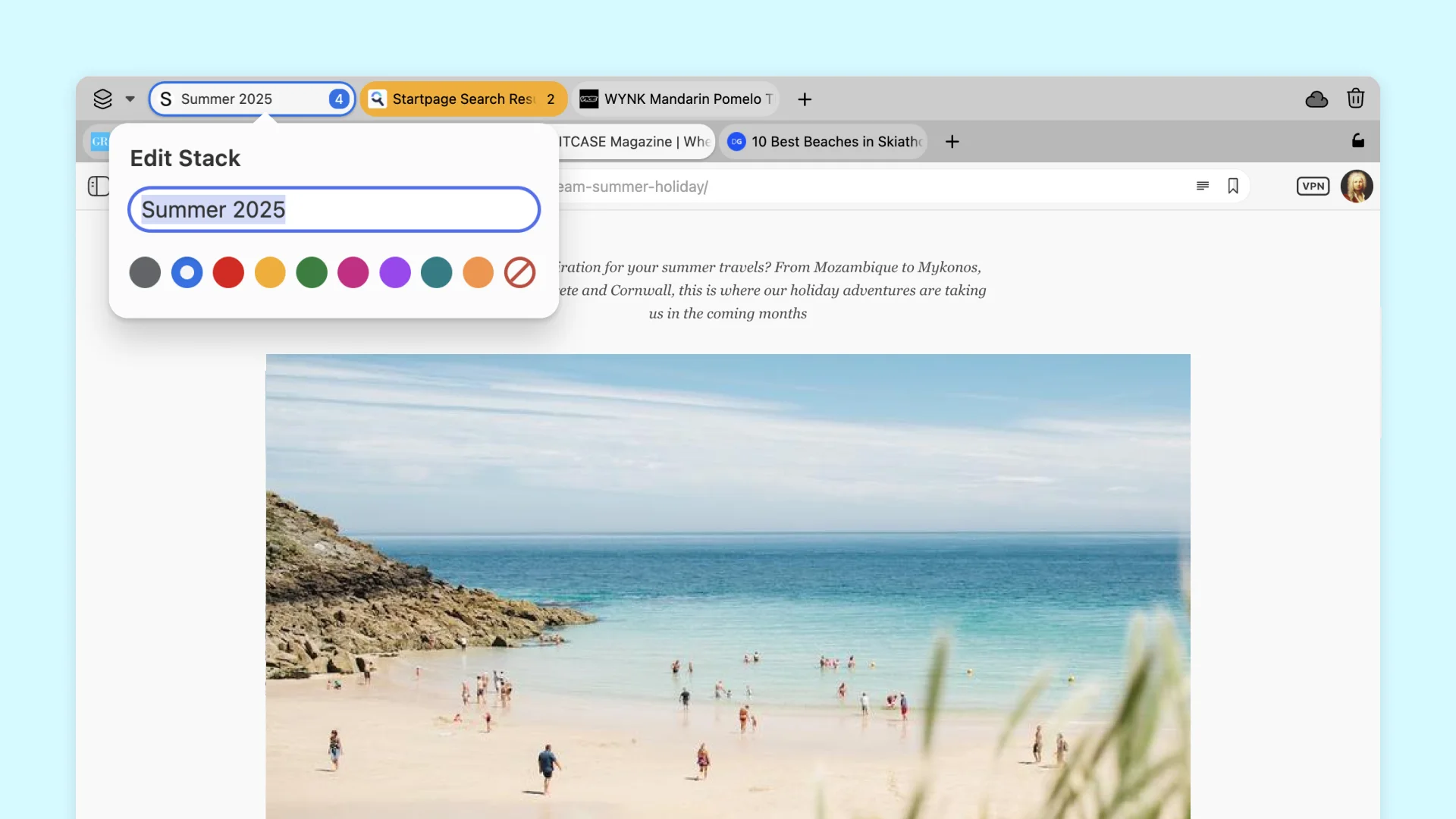
Vivaldi 7.5 browser update brings colored tab stacks and DNS over HTTPS
Just one day after Opera received an update with new translation tools and general improvements, its spiritual successor Vivaldi has released version 7.5. The Chromium-based browser, created by a team led by Opera co-founder Jon S. von Tetzchner, is rolling out a new build focused on usability, privacy, and customization.
The headline additions to Vivaldi 7.5 are colored Tab Stacks, a cleaned-up tab context menu, and new privacy controls including DNS over HTTPS. The update also includes a number of smaller fixes and UI tweaks that improve day-to-day use.
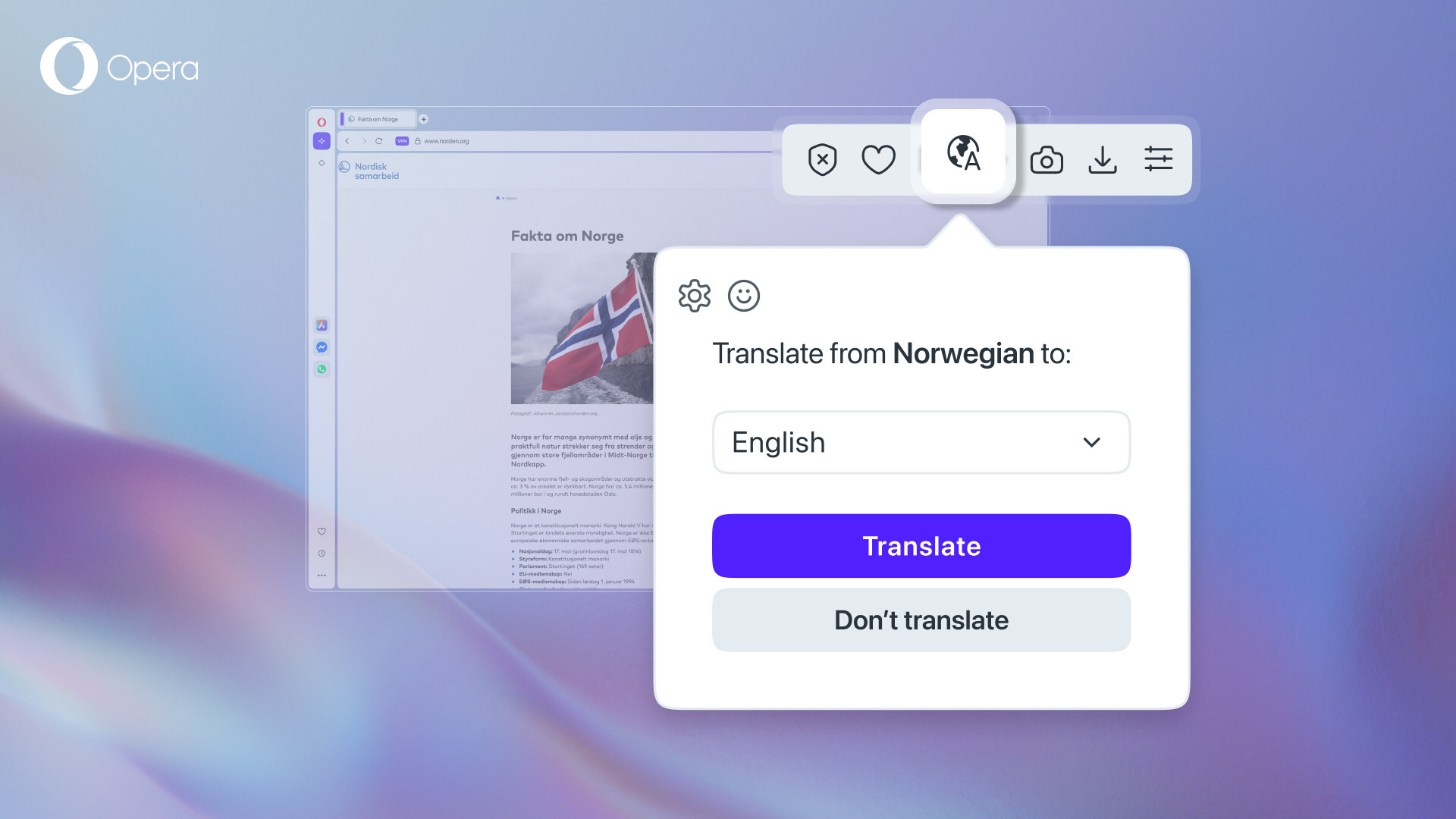
Opera browser update adds built-in translation, custom cursors, and multitasking tools
Norwegian browser company Opera has launched a major update for its desktop browsers Opera One and Opera GX, adding a privacy-focused translation feature, improved multitasking tools, and a new level of personalization for GX users.
The update rolls out as Opera continues to try to compete with bigger players like Chrome, Microsoft Edge and Firefox by leaning into user-driven customization and features.

Employee browser activity creates a security blindspot
Thanks to a growth in remote working and the use of SaaS applications enterprise reliance on browsers is growing, but this leaves them open to risks stemming from dangerous employee web behavior.
According to a cybersecurity expert at network security platform NordLayer, some employee activity that may go undetected by security teams can result in confidential data and industry secrets leaks or violations of GDPR.
